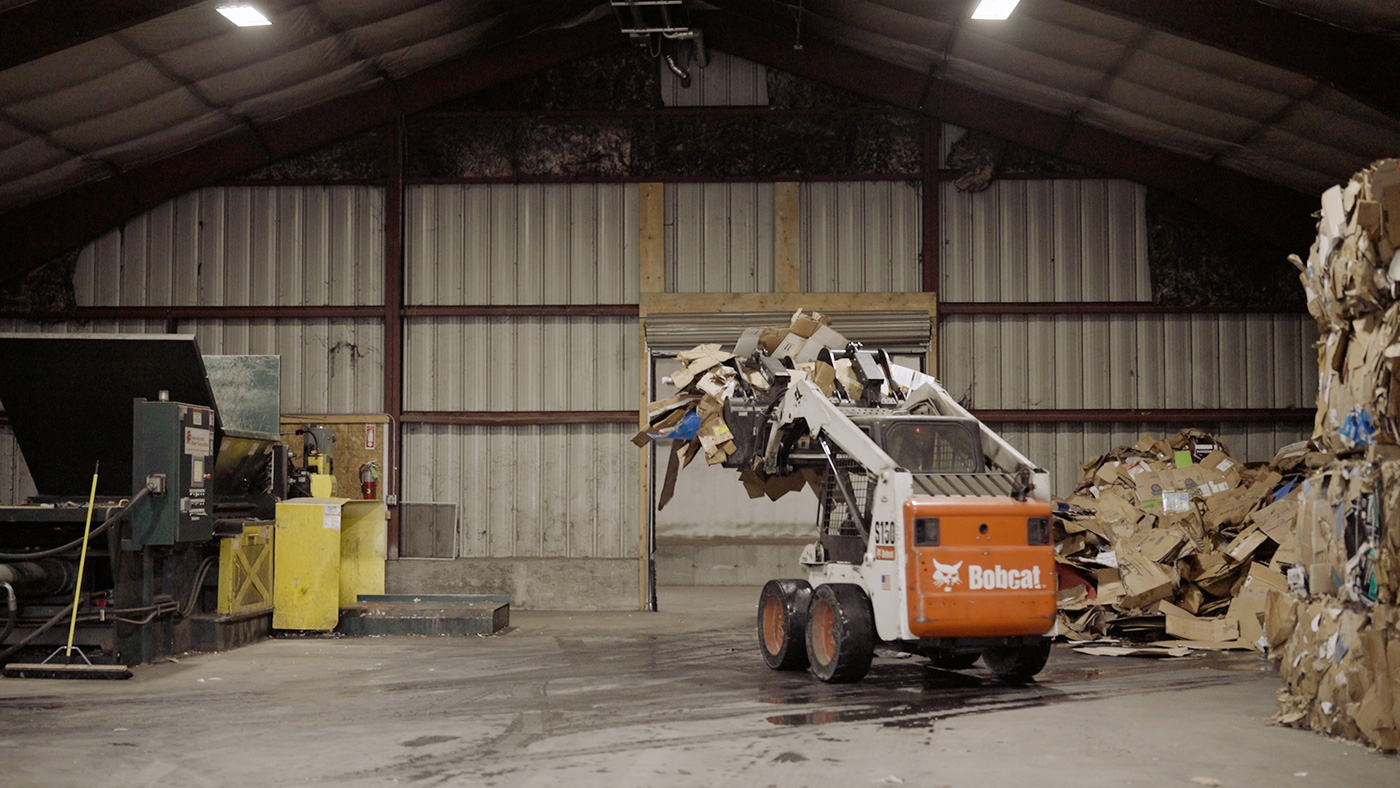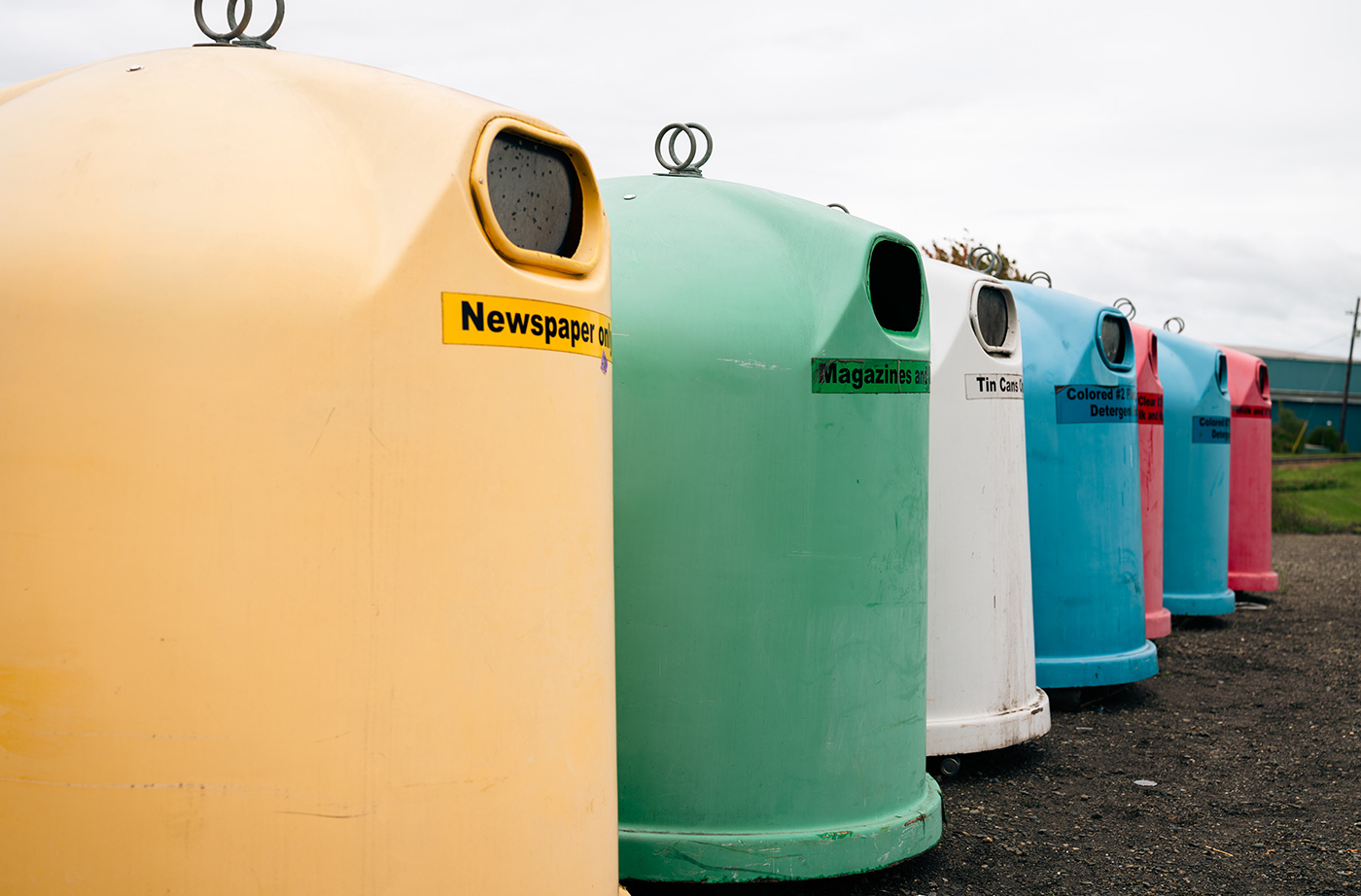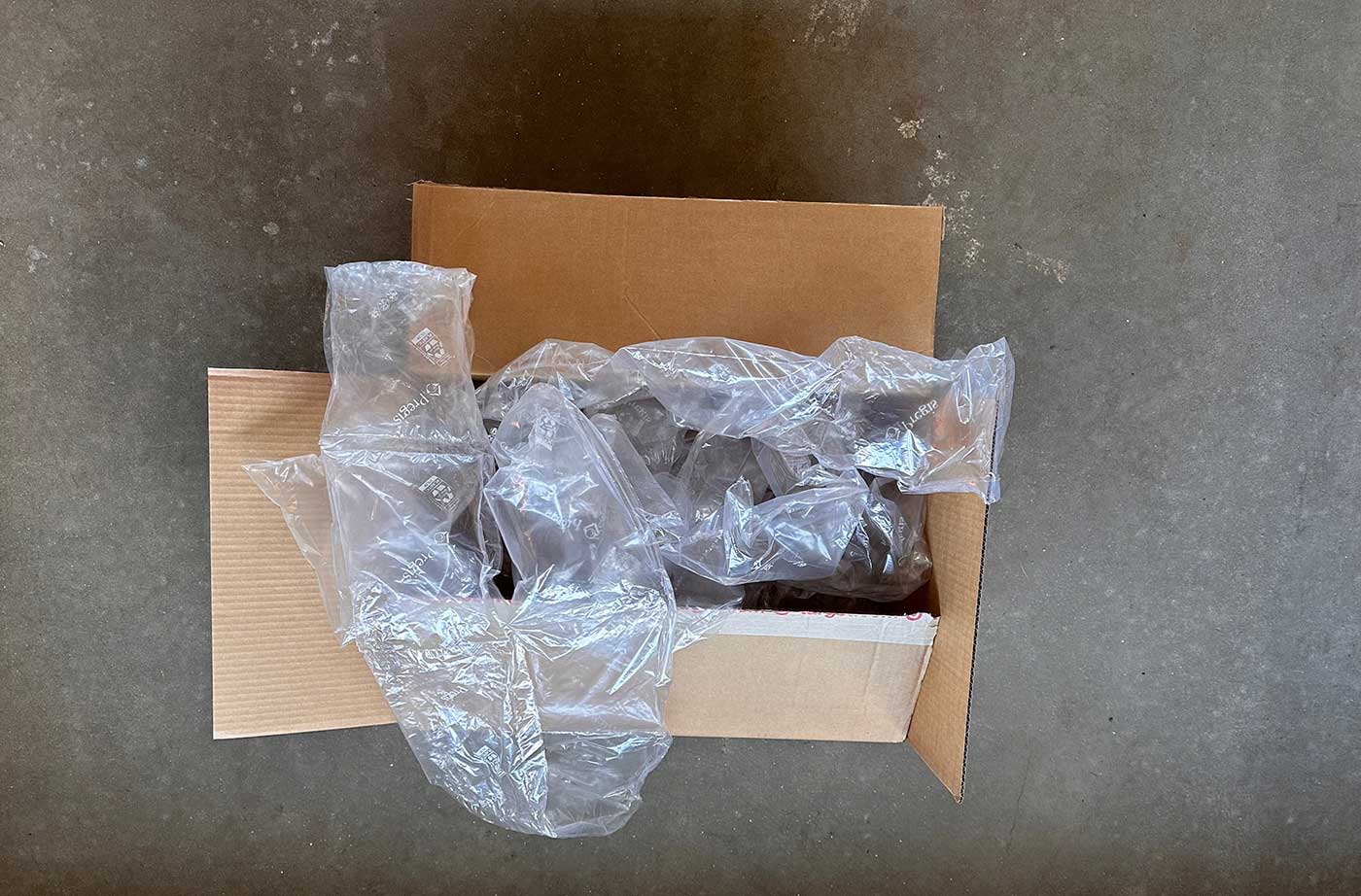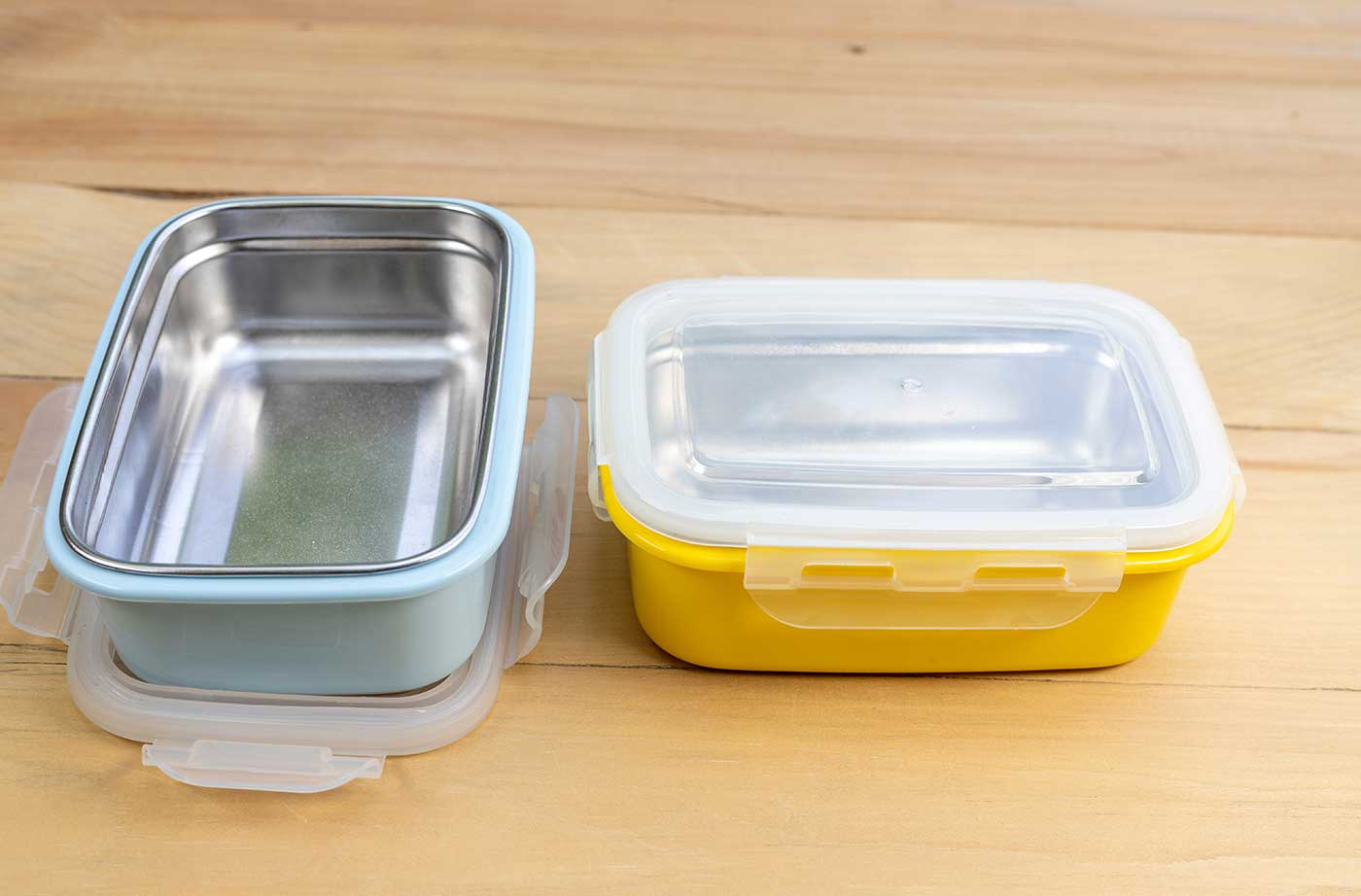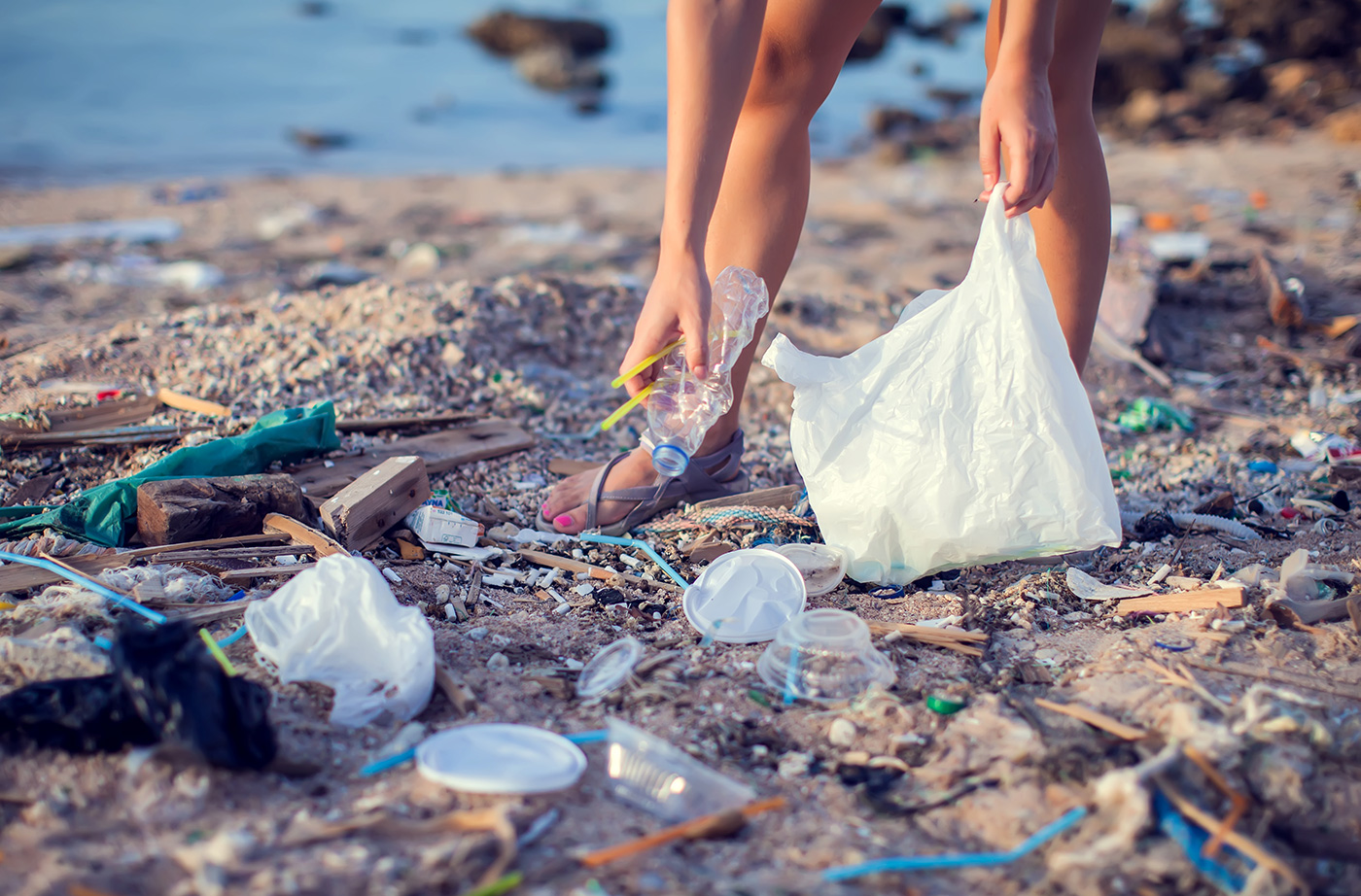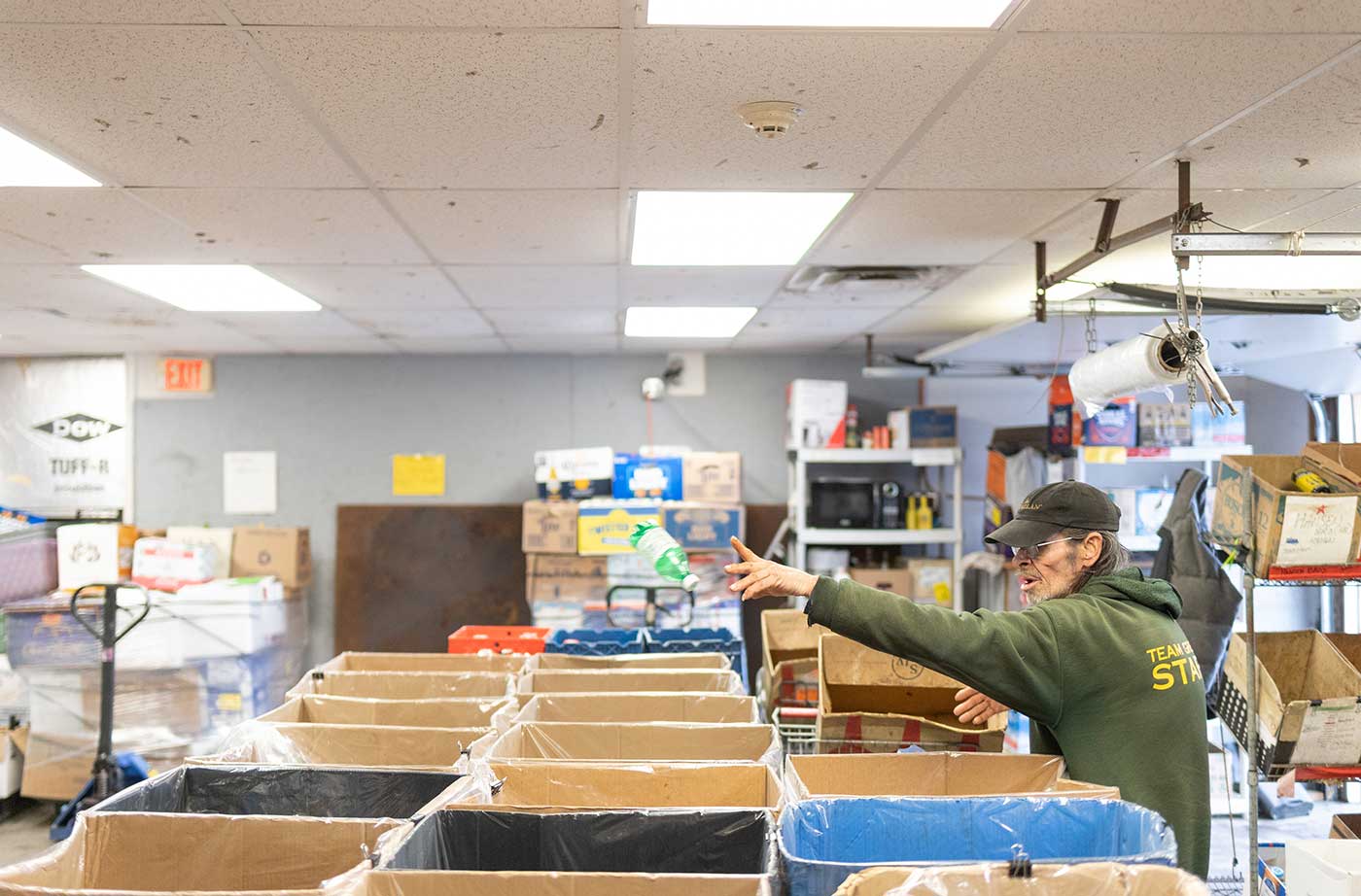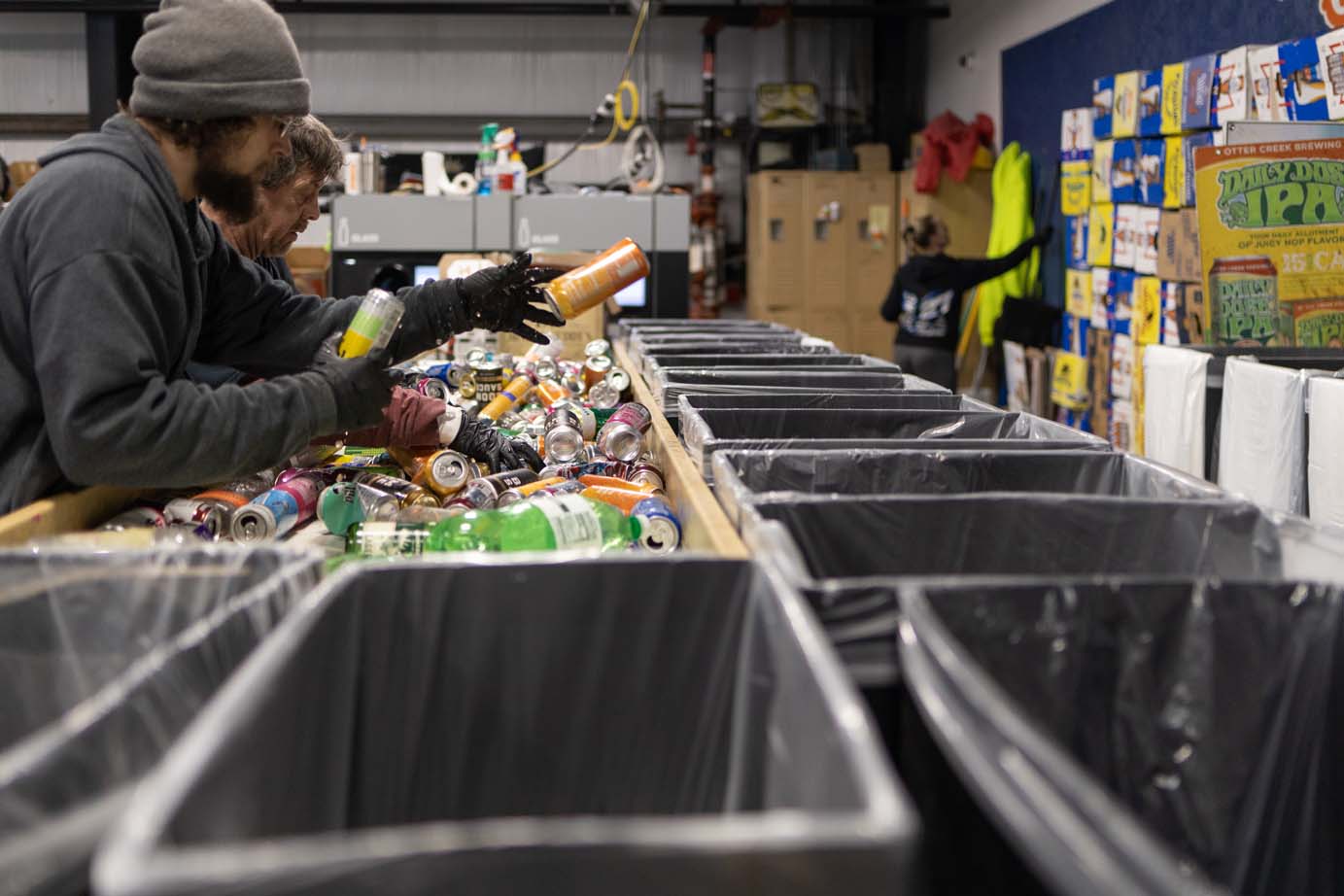If you’ve been following along with us, you may know that Maine was the first state in the nation to pass an Extended Producer Responsibility (EPR) law for product packaging. After a multi-year, exhaustive stakeholder engagement process led by the Maine Department of Environmental Protection (DEP), the rules for this program were officially approved in Read More
Sustainability
Our vision of sustainability in Maine is ensuring a healthy future for life on Earth. Maine’s clean and healthy environment strengthens the state’s economy and is central to our way of life. Holding polluting corporations accountable through systemic changes in local, state, and federal policies is the key to creating a more healthy, prosperous, sustainable future for us all.
Mainers Support EPR for Packaging
We always love getting a chance to share good news. Today, the Maine Board of Environmental Protection finalized the Extended Producer Responsibility (EPR) for Packaging rule – a huge victory to reduce wasteful packaging from polluting our environment and to save taxpayers money. EPR sets up a straightforward system where the producers of packaging are Read More
Maine Finalizes Nation-Leading EPR for Packaging Program
December 5, 2024 (Augusta, ME) – The Maine Board of Environmental Protection today finalized rules for a first-in-the-nation Extended Producer Responsibility (EPR) for Packaging law that will save taxpayers money and improve recycling by holding corporations accountable for the wasteful packaging they produce. “Today’s vote is great news for Maine taxpayers and our environment,” said Read More
Maine EPR for Packaging Law Close to Reality
In 2021, Maine adopted a first-in-the-nation Extended Producer Responsibility (EPR) for Packaging law to reduce taxpayer costs and improve recycling by encouraging producers to create less wasteful packaging. Put simply: It’s unfair that Maine taxpayers and communities are on the hook for the wasteful packaging produced by large companies—much of it single-use plastic—that ends up Read More
Bill to Allow Reusable Containers Approved by Maine Legislature
Update: LD 2091 was signed into law on March 6, 2024 News release When Castine business owner Kate Pilotte wanted to offer her meal kit customers reusable packaging, she was told Maine food regulations would not allow it. Kate then asked her State Senator to file a bill that would amend state law so local Read More
Don’t Believe the Plastic Industry’s False Promises
Transparency is the enemy of the plastic packaging industry. In the 1980s, Big Oil (aka the plastics industry) began to purposefully lie about the recyclability of plastic so they could keep making and selling more plastic, and it worked. Plastic production has exponentially increased, and recycling rates for plastic have never exceeded the single digits. Read More
Behind the Scenes: How Maine Modernized the Bottle Bill
Maine’s most effective recycling and litter reduction program just got a major upgrade! Two new laws passed this year make long awaited upgrades to the Bottle Bill that will help keep local redemption centers and make sure Mainers are able to redeem their bottles and cans well into the future. During the summer of 2022 Read More
Modernizing Maine’s Bottle Bill
Step into your local redemption center and what you will see is the heart and soul of Maine’s most effective recycling and litter prevention program. At Patman’s Redemption Center in Windham, hardworking employees are in a constant state of motion, hand-sorting thousands and thousands of bottles and cans brought in by a seemingly endless flow Read More
New Law Moves Maine Toward Lower-cost Mercury-free Light Bulbs
LD 1814, a bill to phase out the sale of mercury-containing fluorescent bulbs in favor of more affordable, energy-efficient, and mercury-free lighting options, became law in Maine. A study by the Appliance Standards Awareness Project shows that the bill could lead to $216 million in utility bill savings statewide by 2050. Maine joins Vermont, Rhode Island, California, Colorado, Hawaii, and Oregon as states poised to phase out the sale of common fluorescent lighting.







